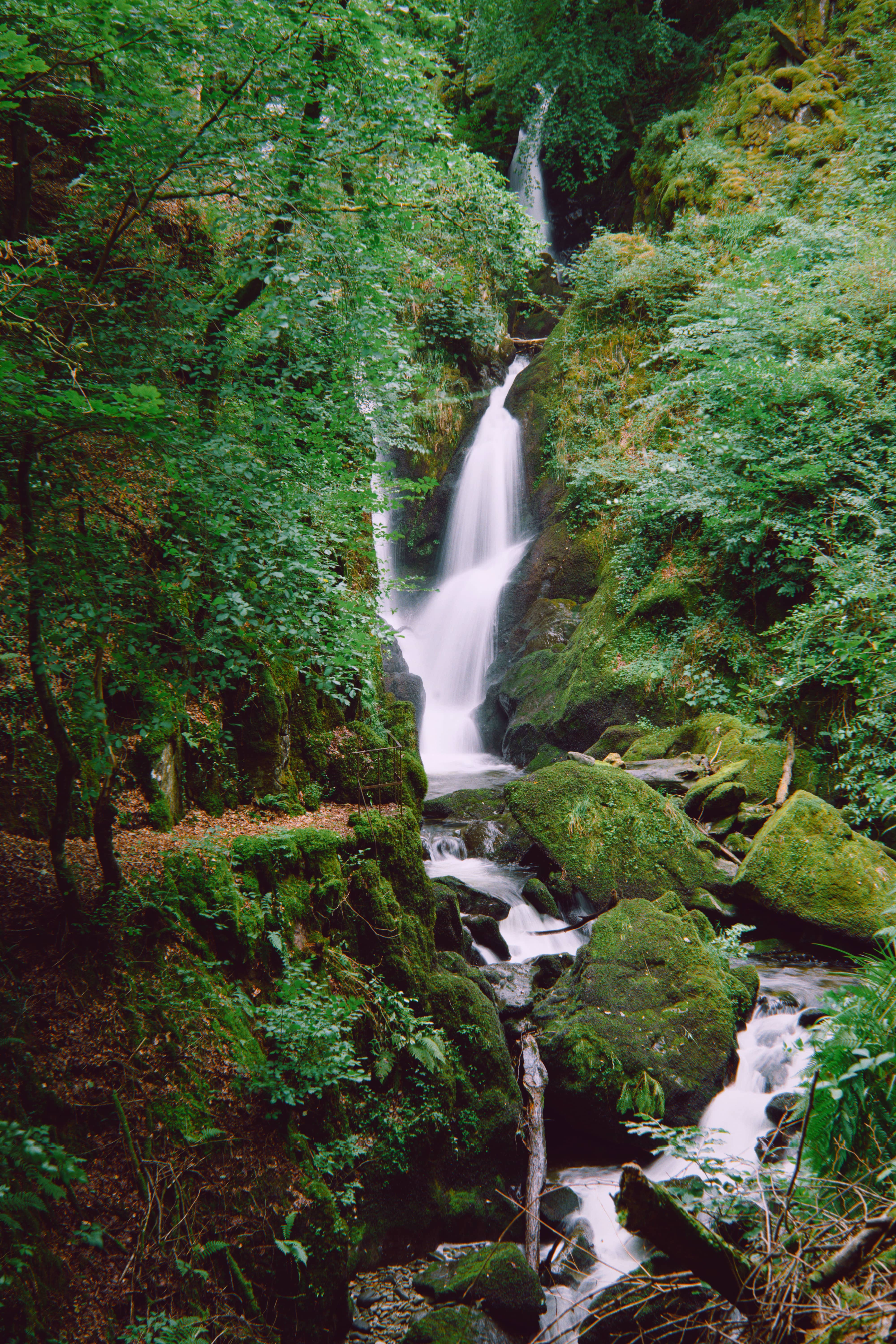this post was submitted on 29 Jul 2023
210 points (99.5% liked)
pics
19770 readers
88 users here now
Rules:
1.. Please mark original photos with [OC] in the title if you're the photographer
2..Pictures containing a politician from any country or planet are prohibited, this is a community voted on rule.
3.. Image must be a photograph, no AI or digital art.
4.. No NSFW/Cosplay/Spam/Trolling images.
5.. Be civil. No racism or bigotry.
Photo of the Week Rule(s):
1.. On Fridays, the most upvoted original, marked [OC], photo posted between Friday and Thursday will be the next week's banner and featured photo.
2.. The weekly photos will be saved for an end of the year run off.
Instance-wide rules always apply. https://mastodon.world/about
founded 2 years ago
MODERATORS
you are viewing a single comment's thread
view the rest of the comments
view the rest of the comments


Great pic!
How does it normally look? I'm from the Pacific Northwest in the states so the waterfalls here almost always look like this
Ta very much!
Well the UK has been getting increasingly warmer in the last few years, which has often been accompanied by extended periods of dry weather. The Lake District in Cumbria typically receives most of the rainfall that comes across the Atlantic to these isles, but we've had a lot of summers recently where it didn't rain for months. This July, by contrast, has been very wet and cool.
Super interesting how climate change seems to be effecting different areas. While your July is cool and wet this year, a lot of the US and northern hemisphere in general has had record heat waves and wildfires in areas that are normally cool and wet. Go figure lol
Aye, well for July what seems to have happened is that wave after wave of low pressure systems have been dropping lower across the Atlantic, crashing into Britain, and pushing high pressure systems further south into southern Europe, where they've been experiencing record-breaking high temperatures.